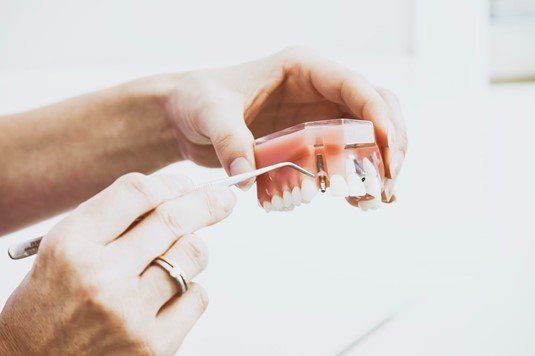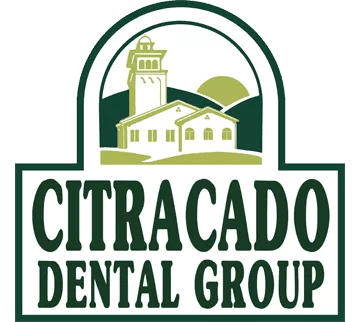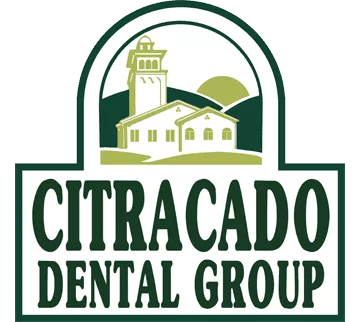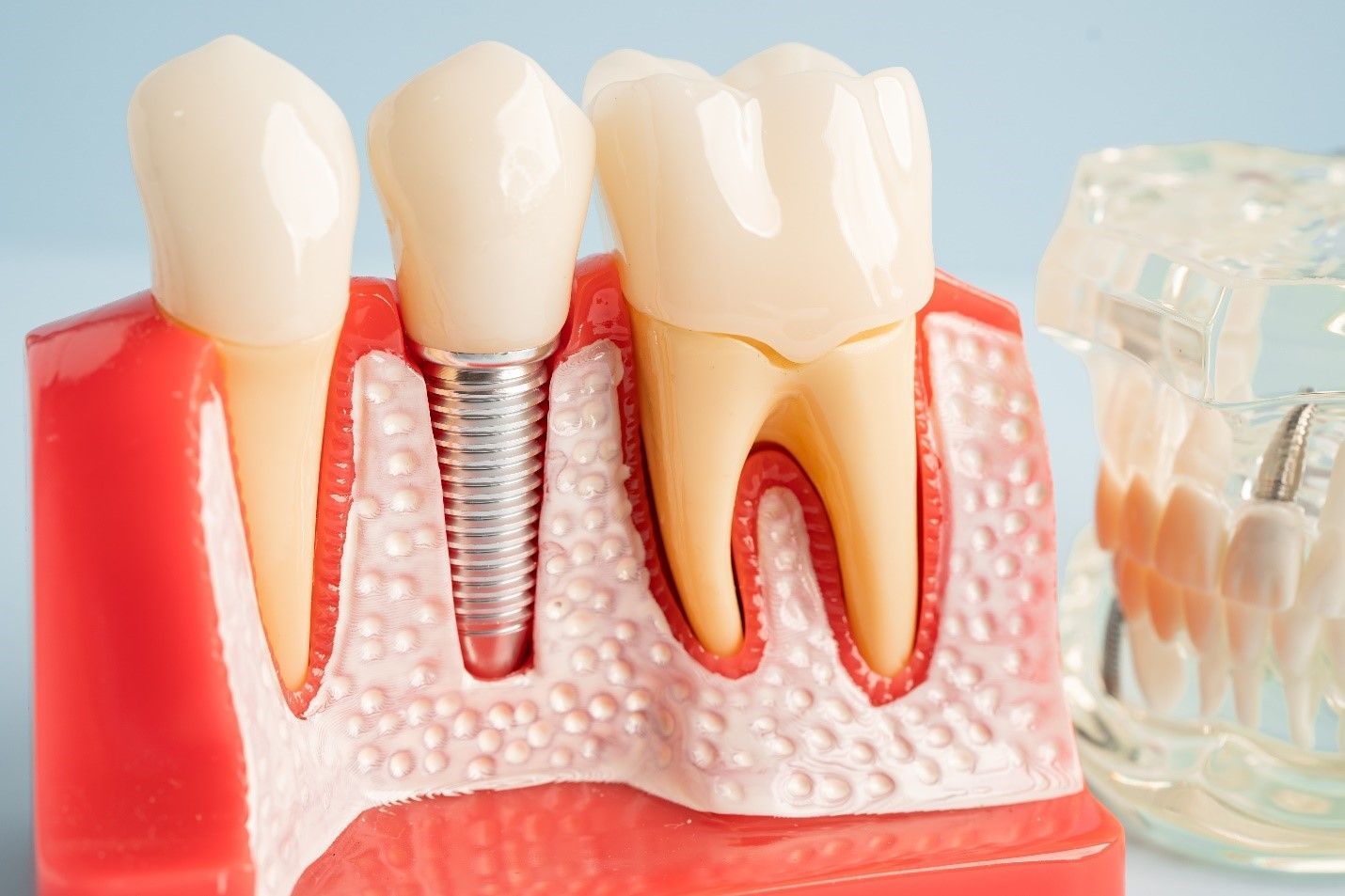5 DIFFERENT DENTAL IMPLANTS AND HOW THEY WORK

Patients in need of replacing missing or damaged teeth have several options, including a combination of screw-like titanium posts and artificial teeth.
Dental implants are available in various configurations depending on the course of treatment and give patients teeth that appear and function like real ones.
Here’s an overview of five different types of dental implants and how they work.
Unlike dental bridges, traditional dental implants do not require the support of two surrounding or adjacent teeth to hold them in place.
Patients of single tooth replacement with a traditional implant can expect a six-to-nine month-long process from the start through full recovery. Depending on a patient’s circumstances, however, it can take longer.
Once patients have gone through consultation and other preliminary phases, the initial surgery entails the implant of a titanium post into the jawbone. Patients are placed under local anesthesia and are awake, but will not feel pain during the surgery.
It’ll take a few months, or longer, for the mouth to fully heal before patients can move on to the next step. As part of this process, the jawbone will begin to grow around the outside of the titanium post as the implant begins to integrate into the bone. This is called osseointegration, which allows the implant to hold firmly inside the mouth.
In the meantime, as osseointegration advances, the dental team will begin to create the crown for the new prosthetic tooth. It is made of porcelain or other material, such as zirconium. The tooth is placed within the mouth as soon as the implant heals. In order for this step to be successful, the dentist must uncover the top of the titanium screw to install the abutment using a small torque wrench. Next, the crown is installed on top.
At its basic level, implant crowns consist of three primary components: the titanium post, the abutment and the crown, which is cemented onto the middle section, or abutment.
Initially, some patients will experience pain, but it’ll be minimal. Over-the-counter medication is enough to address any discomfort during recovery time. Eating soft foods for the first few days is also advisable until the residual pain subsides.
Orthodontic patients have the option of temporary anchorage devices (TADs). These small titanium devices allow for more efficient tooth movement and feel more comfortable. Usually used in addition to braces, TADs can also serve as an alternative to wearing headgear.
Here’s how they work: The small screws are placed on the outside parts of the jaw between teeth. As the name implies, the devices are temporary and need not be placed deep into the jaw. How they are attached and where they are placed create flexibility for the movement of surrounding teeth. Treatment typically lasts several months.
Here are a few other types of implants and a brief overview on how they work.
The A05 (All-on-5) is like an implant bridge that replaces the teeth for an entire jaw. The A05 procedure entails tooth removal and the placement of four to six implants, which are located on each arch. Dentures are then attached to the implants. They will only need to be removed during routine checkups or just a couple of times per year.
An implant bridge is designed for patients with several missing teeth or a missing quadrant. The implants can be spaced out and are connected with the bridge. Several teeth can be placed in one area without the need for multiple implants.
Finally, there are also
implants
that attach to a full upper or lower denture. These differed from AO5 because patients are able to remove them as needed. Typically, two to three implants are placed per arch, which are attached onto a denture. As a result, the complete denture “snaps onto” the implants, making the denture more stable.
QUICK MENU
RECENT POSTS






